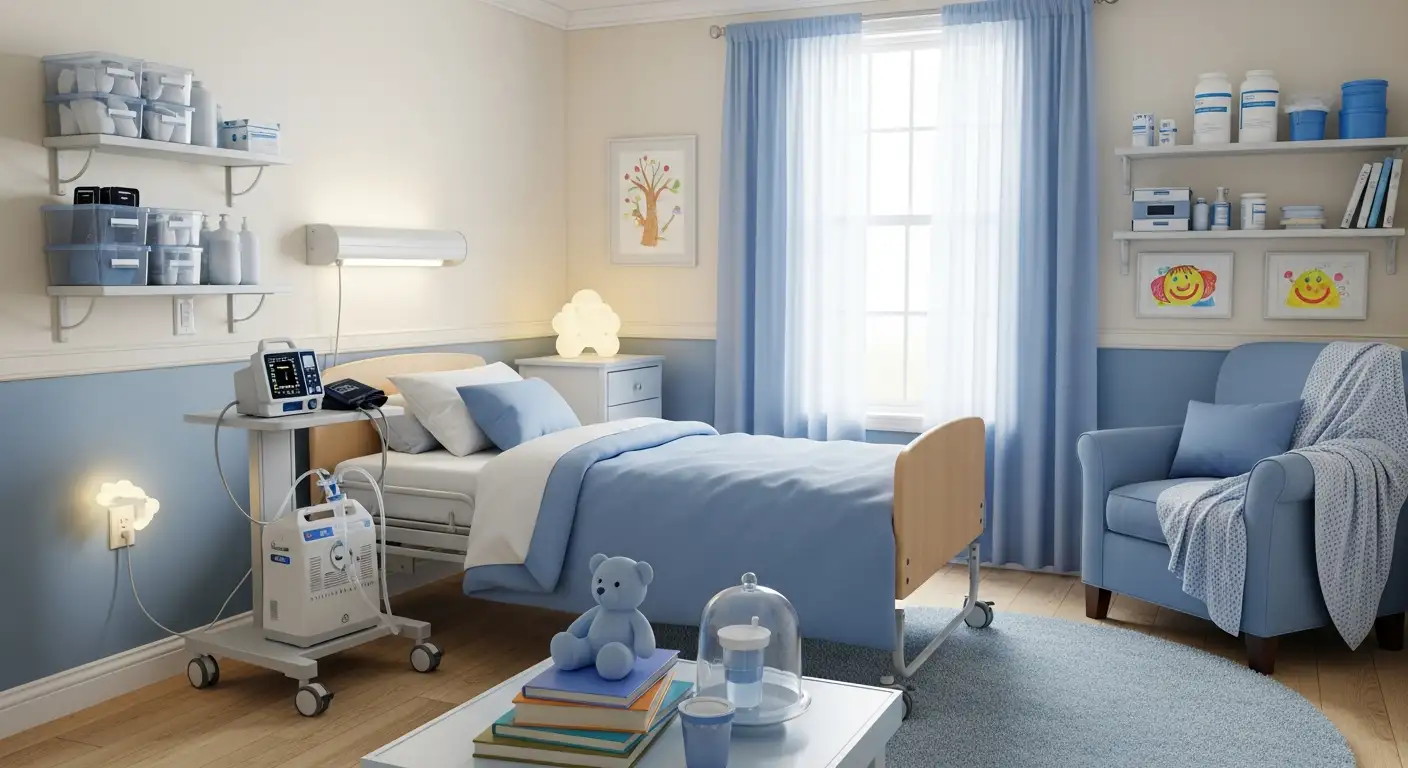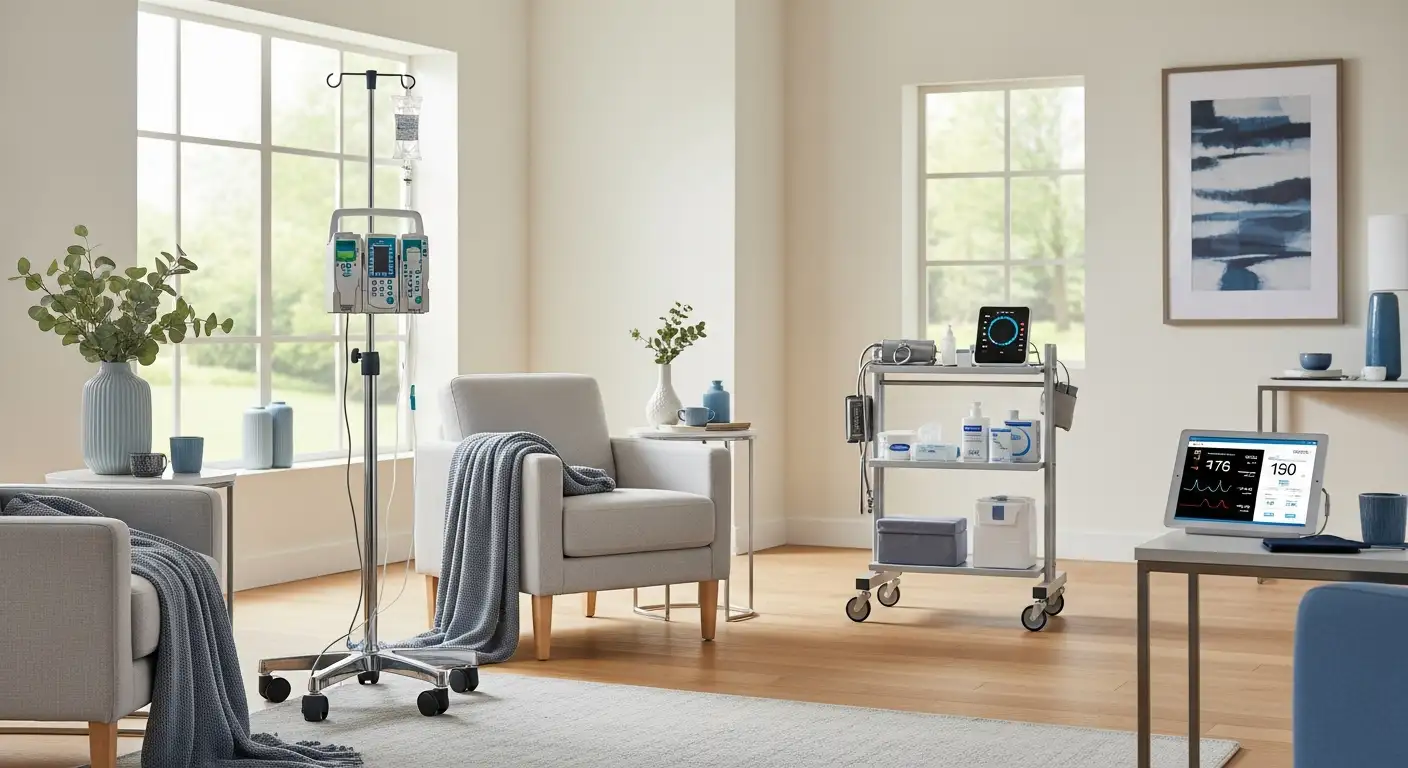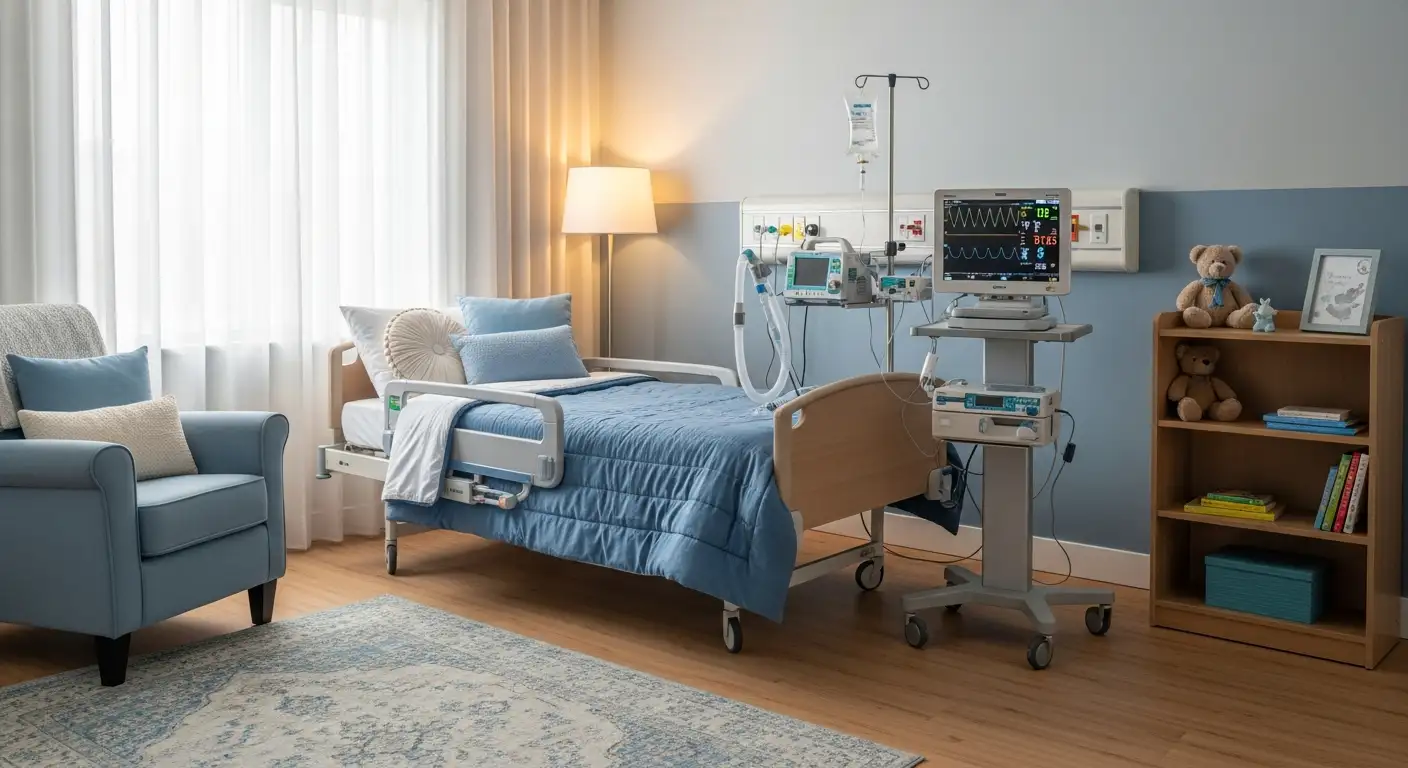Understanding the Impact of Companion Care on Depression in Seniors
As individuals age, many face increased challenges related to mental health, especially depression prompted by social isolation and loneliness. Companion care has emerged as a vital support mechanism, providing not only practical assistance but also essential emotional and social engagement. This article explores how at-home companionship benefits elderly individuals suffering from depression, offering insights into its role in promoting emotional well-being and supporting mental health for seniors.
The Role of Consistent Social Interaction in Reducing Loneliness
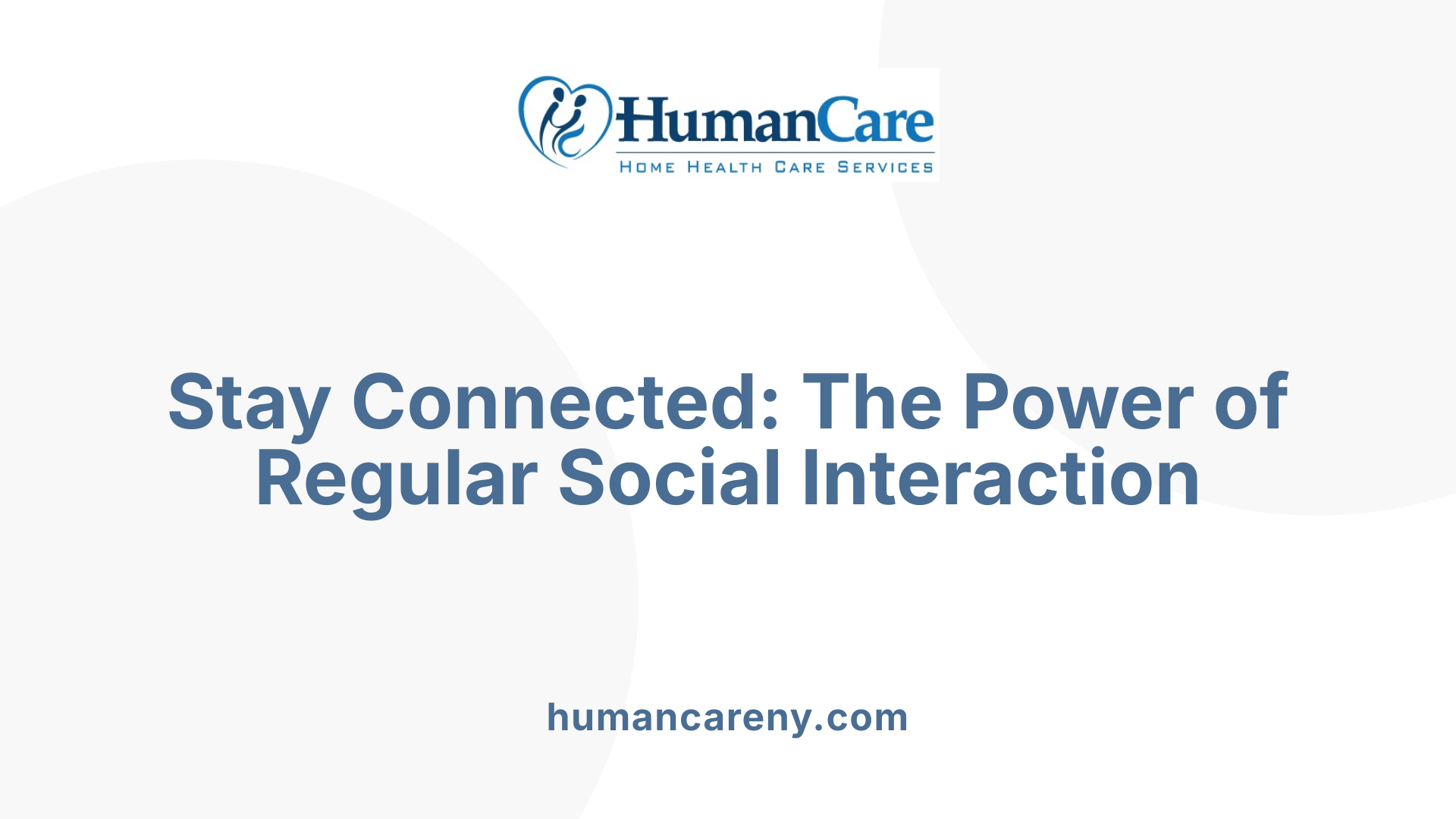
How can regular social interaction help seniors feel valued?
Engaging seniors in social interactions through companionship offers them a sense of being valued and understood. Regular visits, conversations, and shared activities make older adults feel connected and appreciated. This ongoing social engagement fosters emotional well-being by providing comfort and companionship, which are essential for feelings of self-worth.
Why is companionship crucial in fighting social isolation?
Many seniors face social isolation due to mobility challenges, loss of friends or family, or health issues. Companion caregivers help bridge this gap by offering consistent presence and emotional support. These interactions prevent feelings of loneliness, which studies have shown can significantly impact mental and physical health. Regular companionship not only alleviates loneliness but also encourages seniors to remain active and engaged in life.
What activities promote meaningful conversations and engagement?
Activities such as sharing meals, engaging in hobbies like arts and crafts, playing puzzles or memory games, and going for casual walks foster meaningful conversations. These interactions stimulate cognitive functions and provide emotional comfort. Many caregivers facilitate community participation by arranging visits to social gatherings or encouraging use of technology like video calls and social media, helping seniors build social networks, and stay connected with loved ones.
Supporting Mental Health Through Social Engagement
Research highlights that seniors who participate in social activities experience lower rates of depression, especially when these activities involve cognitive stimulation and physical movement. Simple yet effective activities—such as group exercises, participating in community events, or engaging in hobbies—encourage a positive outlook. Consistent social interaction offers seniors a structured routine, helping them feel safe and reducing anxiety related to aging or health concerns.
The importance of personalized care plans
Effective companion care involves tailored plans that account for personal interests, preferences, and needs. This individualization ensures that social interactions are meaningful and engaging, maximizing benefits for mental health and emotional stability. Caregivers play an essential role in creating an environment where seniors can express themselves freely, maintain dignity, and enjoy a fulfilling lifestyle.
| Aspect | Benefit | Examples |
|---|---|---|
| Emotional Support | Reduces feelings of loneliness | Compassionate listening, sharing stories |
| Cognitive Stimulation | Slows cognitive decline | Puzzles, memory games, discussions |
| Physical Engagement | Improves mood and health | Walks, light exercises, group activities |
| Routine & Safety | Reduces anxiety and boosts confidence | Regular visits, safety checks |
| Use of Technology | Expands social networks | Video calls, social media |
Overall, fostering persistent social interaction through companionship significantly enhances seniors’ emotional and mental health, enabling them to enjoy a higher quality of life and maintain independence.
Emotional Support as a Pillar for Mental Well-being
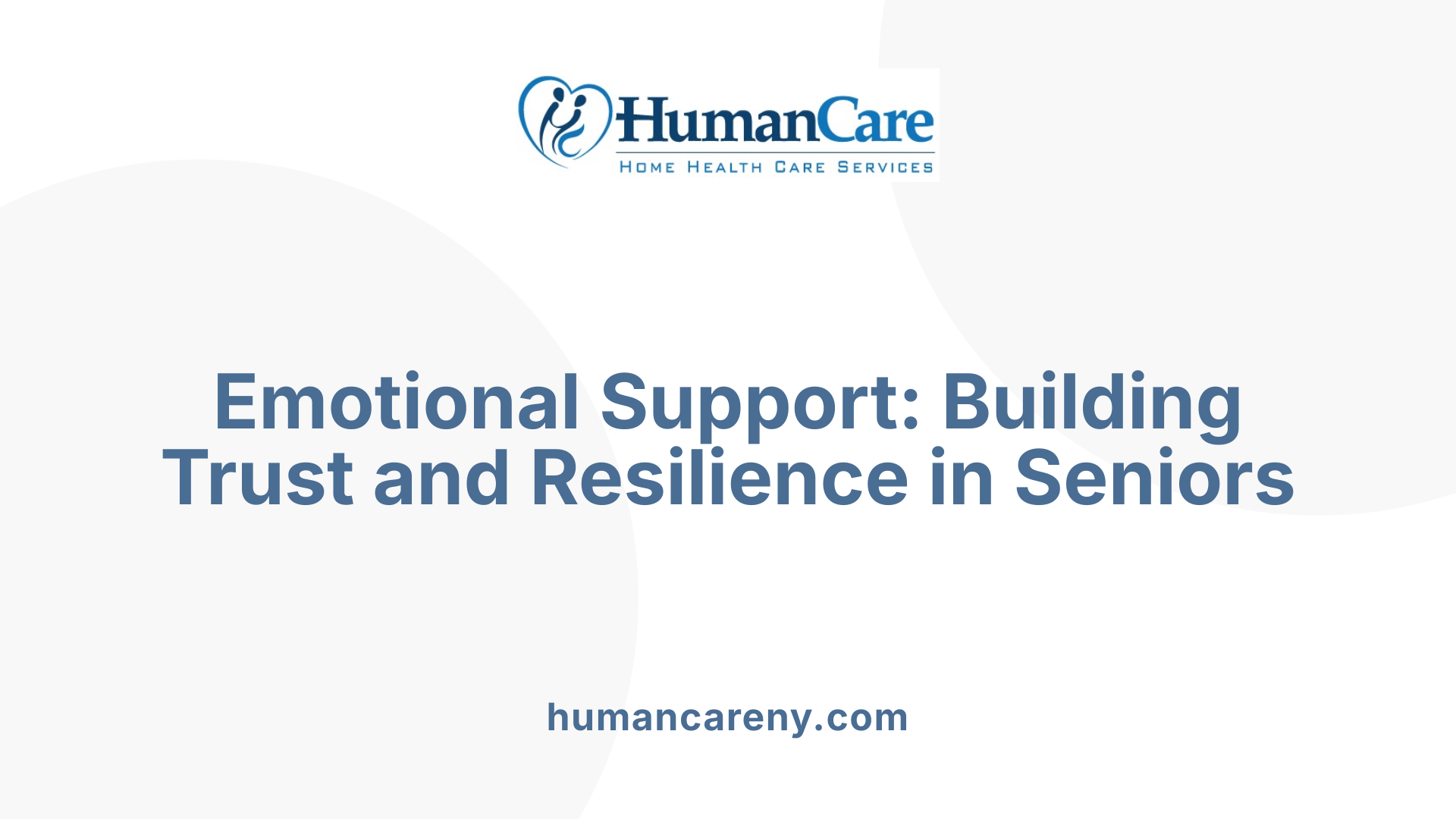
How does emotional support alleviate depressive symptoms in seniors?
Emotional support forms a foundation for mental health by helping seniors process feelings related to aging, loss, or health challenges. When caregivers offer empathetic listening and understanding, seniors feel valued and understood, which directly combats feelings of sadness or hopelessness. This emotional nurturing reduces symptoms of depression, providing comfort and reassurance.
Why is empathetic listening and validation so important?
Empathetic listening allows seniors to express their thoughts and emotions openly, fostering feelings of being heard and appreciated. Validation of their experiences reassures them that their feelings are legitimate, enhancing their self-esteem and emotional stability. This supportive communication builds trust, making seniors more comfortable sharing their worries or struggles, thereby relieving emotional distress.
How can companionship build trust and emotional resilience?
Consistent companionship helps seniors feel secure and creates a predictable routine filled with positive interactions. When caregivers establish a genuine bond, seniors develop trust that encourages open communication and emotional expression. Over time, this trust fosters resilience, helping them cope better with life changes and reducing anxiety.
What role does companion care play in supporting seniors facing social isolation and depression?
Companion care is essential in addressing loneliness and emotional needs. Regular visits, meaningful conversations, and engaging activities help seniors feel connected and valued. Caregivers not only provide social interaction but also facilitate involvement in hobbies, community events, and technology use to expand social networks. These efforts help mitigate feelings of isolation, elevate mood, and promote overall mental well-being.
The impact of social and emotional engagement on health
Research shows that seniors engaged in regular social activities experience lower depression and cognitive decline. The emotional reassurance and companionship provided by caregivers foster a sense of belonging and purpose. This comprehensive approach improves mental health, boosts confidence, and enhances the quality of life for seniors, enabling them to age more happily and independently.
Engaging Activities that Promote Cognitive and Physical Health

How does at-home companion care assist elderly individuals in managing depression?
At-home companion care plays a crucial role in helping seniors cope with depression by offering consistent social interaction and emotional backing. Regular visits from companions reduce feelings of loneliness and social isolation, which are common triggers of depression among the elderly.
One of the primary ways caregivers support mental health is by engaging seniors in mentally stimulating activities. Puzzles, reading, and arts and crafts are excellent ways to boost cognitive functions and provide a sense of accomplishment. These activities not only keep the mind active but also foster a routine that promotes emotional stability.
Physical activity is another vital aspect. Caregivers encourage seniors to participate in gentle exercises like walking, stretching, or light aerobics. These activities improve mood by releasing endorphins and also support physical health, stability, and mobility.
Participation in hobbies and social outings further enhances a senior's emotional well-being. Whether it's gardening, playing music, or visiting community events, engaging in enjoyable activities increases positive emotions and helps combat depression.
Caregivers also facilitate the use of technology, such as video calls and social media, enabling seniors to stay connected with loved ones and friends.
Here’s a summary of how companion care supports mental and physical health:
| Activity Type | Benefits | Examples |
|---|---|---|
| Mental stimulation activities | Cognitive health, stress reduction | Puzzles, reading, arts & crafts |
| Physical activities | Mood elevation, mobility, health | Walks, stretching, light exercises |
| Engagement in hobbies/outings | Emotional happiness, social connection | Gardening, social events, music |
Overall, personalized companion care helps seniors maintain their independence, manage emotional challenges like depression, and enjoy a better quality of life. This holistic approach addresses both their mental and physical needs, ensuring they remain engaged, active, and emotionally supported.
Routine, Safety, and Independence in Elderly Care
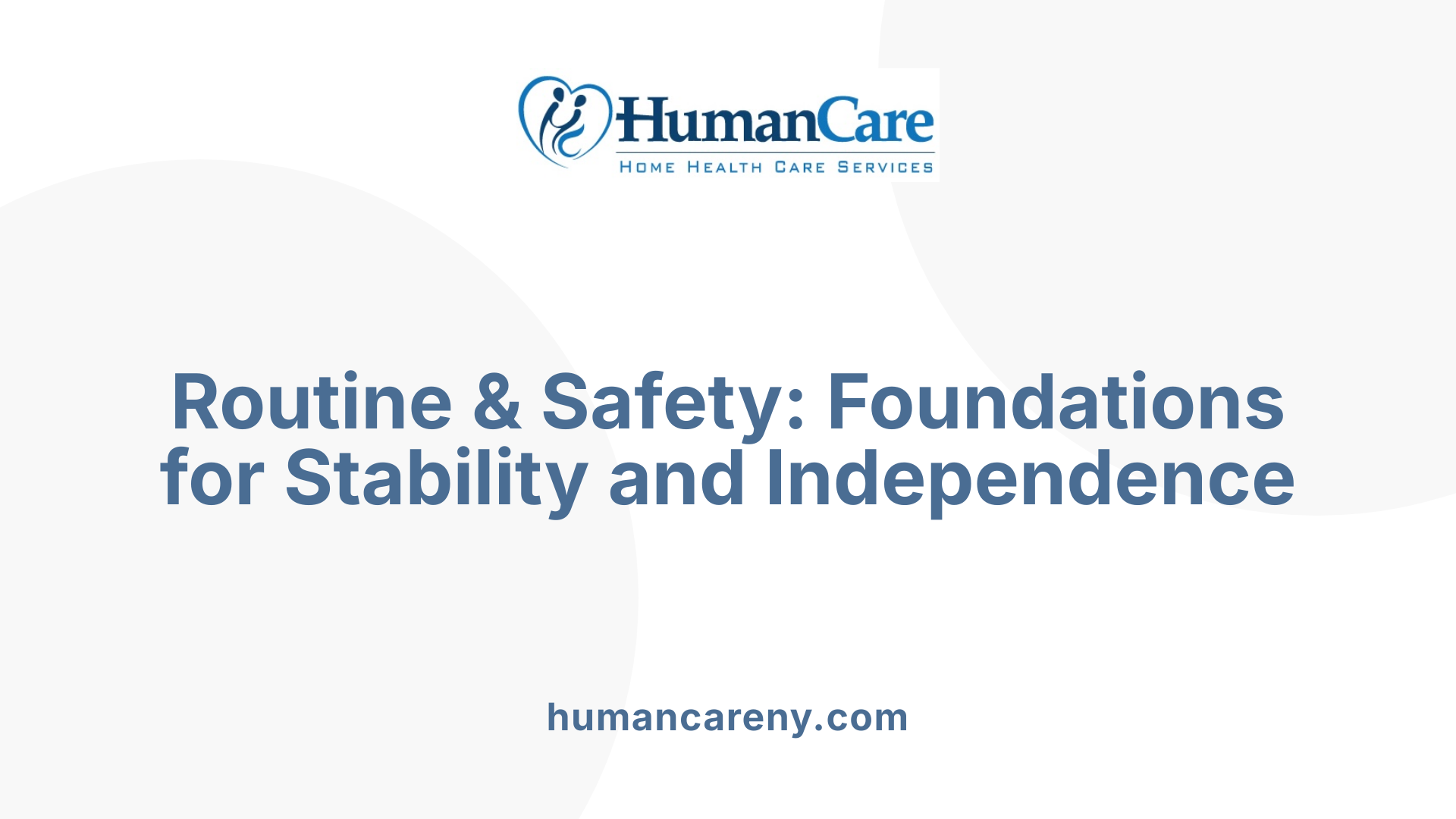
How does at-home companion care assist elderly individuals in managing depression?
At-home companion care plays a vital role in helping seniors manage depression by offering reliable social interaction and emotional support. Regular visits from caregivers help reduce loneliness and foster feelings of being valued and understood. Engaging seniors in meaningful conversations, shared activities, and recreational outings encourages physical activity and mental stimulation, which are crucial for mental health.
Companions also assist with daily tasks such as shopping, meal preparation, and use of technology, enabling seniors to stay connected with friends and family. These interactions provide comfort, reassurance, and a sense of community, all of which contribute to emotional resilience and a more positive outlook. Personalizing activities and companionship based on individual interests ensures that emotional needs are met, further supporting mental stability and preventing feelings of isolation.
Overall, personalized at-home care creates a supportive environment that nurtures emotional well-being, reduces symptoms of depression, and enhances the quality of life for elderly individuals.
In what ways does routine and safety contribute to mental health stability?
Establishing a predictable routine with a caregiver provides seniors with a sense of consistency and security. When daily activities are structured, seniors experience reduced anxiety because they know what to expect, which fosters a calm and stable mental state.
Safety is a fundamental aspect of elderly care that directly impacts mental health. Caregivers implement fall prevention measures, emergency response plans, and medication management to ensure seniors feel safe and secure in their environment. This safety net alleviates worries about accidents or health crises, lowering stress levels.
Supporting independence through assistance with tasks like grooming, meal prep, and errands also boosts a senior’s self-esteem and sense of control over their lives. Feeling capable and autonomous enhances emotional well-being and helps prevent depression that often accompanies feelings of helplessness.
Together, routines and safety protocols create a foundation for mental health stability, allowing seniors to live confidently, engage actively, and maintain a positive outlook.
| Aspect | Impact on Mental Health | Examples |
|---|---|---|
| Routine | Reduces anxiety, promotes stability | Scheduled activities, regular meal and sleep times |
| Safety | Eases worries, prevents injury | Fall prevention, emergency alerts, medication reminders |
| Independence | Fosters dignity and control | Assistance with daily tasks, encouragement to participate in hobbies |
Customized Care Plans and the Role of Technology in Elderly Well-being
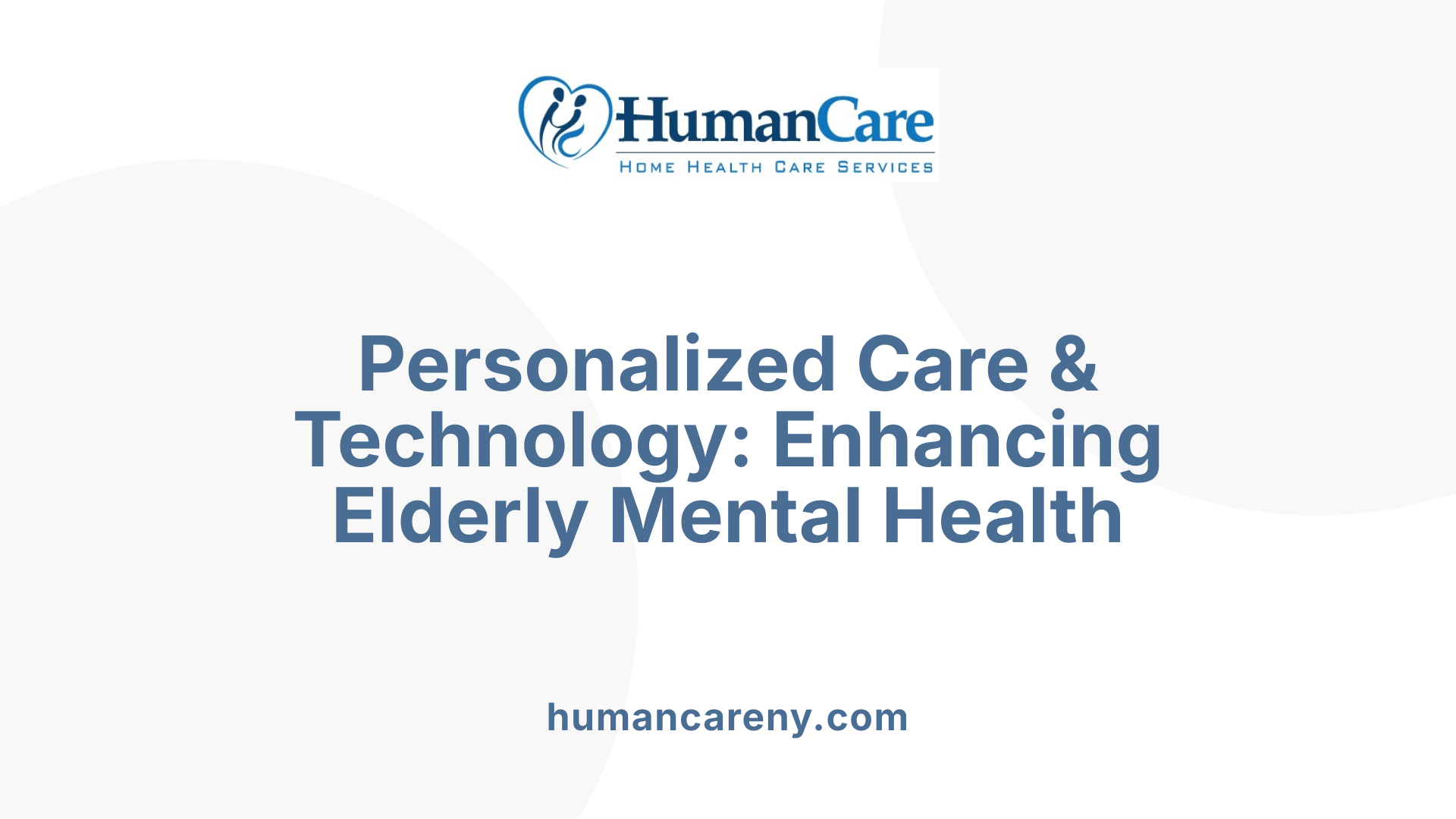
How can family and caregivers support elderly loved ones with depression?
Supporting seniors with depression involves creating a compassionate environment where they feel understood and valued. Family and caregivers should promote open communication, offering a non-judgmental listening ear to help seniors express their feelings. Encouraging engagement in professional mental health treatments like therapy and medication can be beneficial, especially when combined with assistance in attending appointments and following care regimens.
Engagement in enjoyable activities—such as hobbies, social outings, or light exercise—helps reduce social withdrawal and physical symptoms associated with depression. It’s also essential to celebrate small successes and provide reassurance, fostering a sense of accomplishment and hope.
Caregivers should remain attentive to signs of worsening depression or suicidal thoughts, and involve healthcare professionals as needed. Prioritizing their own well-being and seeking support from community resources or respite care options helps prevent caregiver burnout while ensuring consistent, high-quality support for their loved ones.
How do personalized care plans and technology improve seniors' mental health?
Customized care plans tailored to each senior's individual needs and preferences play a crucial role in boosting mental wellness. These plans include activities, routines, and social interactions that resonate personally, making engagement more meaningful and effective.
Technology also enhances elderly care by facilitating social connection and safety monitoring. Tools like video calls, social media platforms, and health monitoring devices enable seniors to stay connected with family, friends, and healthcare providers, which helps reduce feelings of loneliness and anxiety.
These technological solutions provide seniors with a greater sense of control over their lives, fostering independence while ensuring safety through real-time alerts and health data sharing. Overall, the combination of personalized care and innovative technology promotes emotional stability, cognitive engagement, and a positive outlook, significantly improving mental health and quality of life in older adults.
Supporting Mental Health Through Compassionate Care
In conclusion, companion care plays a critical role in supporting elderly individuals with depression. By providing consistent social interaction, emotional support, engaging activities, routine, safety, and personalized care, companions help alleviate feelings of loneliness and improve mental health. Integration of technology further enhances these efforts, fostering connection and independence. Ensuring that seniors have access to compassionate, tailored care not only enhances their emotional well-being but also enriches their quality of life. It is clear that compassionate companion care is essential in helping seniors navigate the challenges of depression, promoting happier, healthier aging.
References
- How Companion Care Improves Emotional Well-Being in Seniors
- How Companion Care Can Help Combat Senior Isolation and ...
- Companion Care for Older Adults and Its Benefits - Chevy Chase
- The Role of Companion Care in Reducing Depression Among Seniors
- Five Ways Companion Care at Home Boosts Mental Health for Seniors
- Elderly Companion Care in Rochester Enhancing Seniors' Quality of ...
- How Companion Care Helps Seniors Combat Loneliness
- Elderly Companion Care Near You - Visiting Angels

